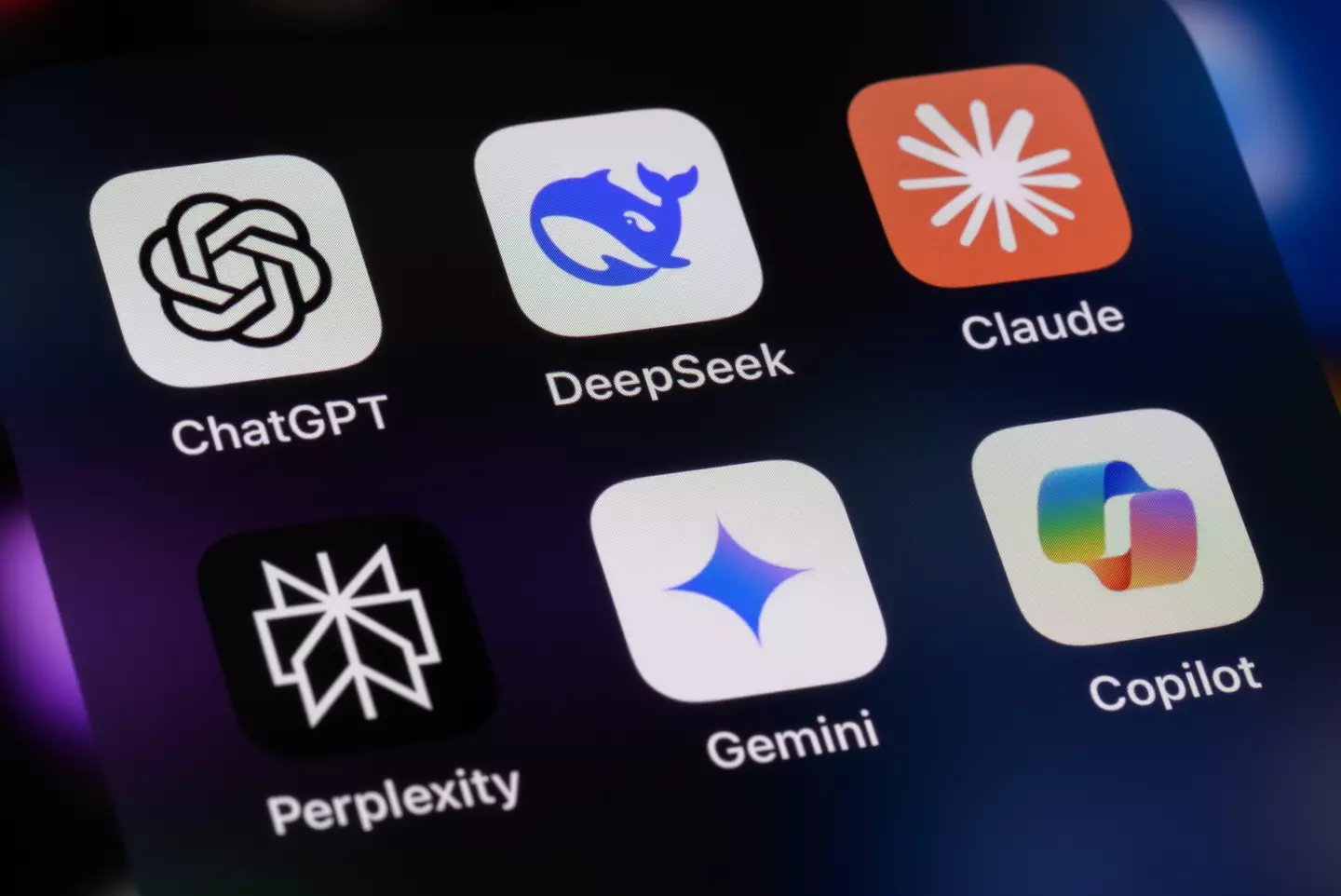
Since its release in 2022, ChatGPT has become a go-to tool for millions, helping with everything from job applications and general questions to lightening the mood with a quick joke. But while it’s easy to get comfortable relying on AI for daily queries, there’s a darker side to this convenience that many aren’t aware of — and it’s not just about privacy or accuracy.
Every time you type a question into ChatGPT, there’s an environmental price being paid, and it’s more shocking than you might think. According to reports, the AI system uses approximately 50cl of water for every 10 to 50 queries.
This water is used in data centres, where powerful servers generate vast amounts of heat and require constant cooling. David Craig, CEO of British cooling company Iceotope, explains that these data centres, as reported by The Times: “use water-based systems to cool the plant with towers evaporating the heat, like a huge perspiration system, which means that the water is lost.”
Moreover, the water needs to be of high purity to avoid damaging the sensitive equipment.
Advert

But water is just one part of the equation. Forbes reports that ChatGPT consumes over half a million kilowatt-hours of electricity daily, an amount sufficient to power around 180,000 US homes.
This staggering energy consumption fuels billions of requests, including many that may be arguably trivial. Some of these requests include people politely adding “please” and “thank you” when interacting with the AI, which might sound harmless. However, that adds to the processing workload. OpenAI’s founder even joked on X that such politeness “could cost tens of millions of dollars.”
Tech analyst Dylan Patel estimated that ChatGPT costs over $700,000/£515,651 per day to operate when talking to The Information — reported by Business Insider — and while it’s unclear how much of that stems from users simply being courteous to the AI, it highlights the significant running costs involved in keeping the service online and responsive.
The environmental impact extends beyond just the immediate resource use. With two-thirds of the world’s population projected to face water scarcity by 2050, using clean drinking water to cool servers feels increasingly unsustainable. Forbes also warns that this shortage “will affect all aspects of people’s lives,” raising ethical questions about how much water and energy we should dedicate to powering artificial intelligence.
The reality is that AI’s environmental footprint is only set to grow as these technologies become even more integrated into our lives. While ChatGPT and similar tools offer undeniable convenience, it’s worth considering whether we need to use them for every little query.
That’s especially when alternatives like asking a teacher, a family member, or even turning to community forums like Reddit might suffice.
In response to these concerns, an OpenAI spokesperson said in a statement, that was reported by The Washington Post: “AI can be energy-intensive and that’s why we are constantly working to improve efficiency. We carefully consider the best use of our computing power and support our partners’ efforts to achieve their sustainability goals.”
So next time you’re about to open ChatGPT for a quick question, perhaps save the “please” and “thank you” for face-to-face conversations. It might just help save a bit of water and electricity in the long run.
